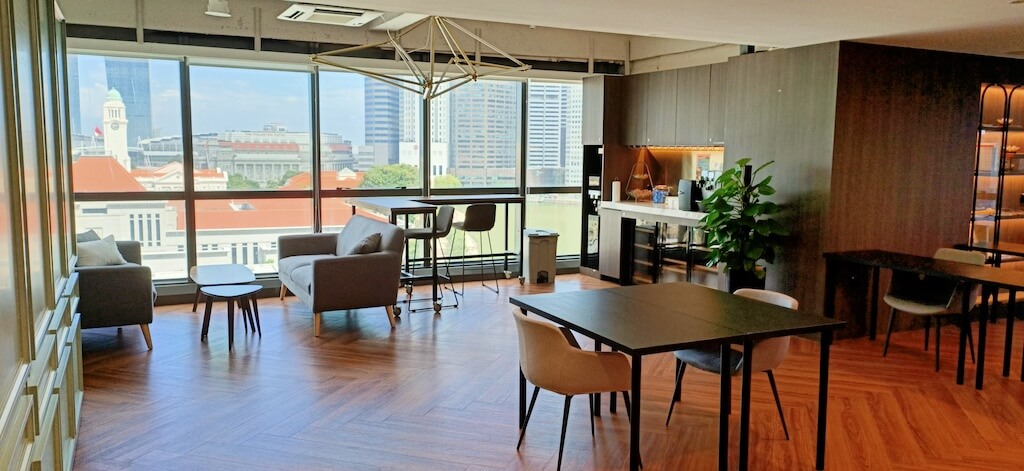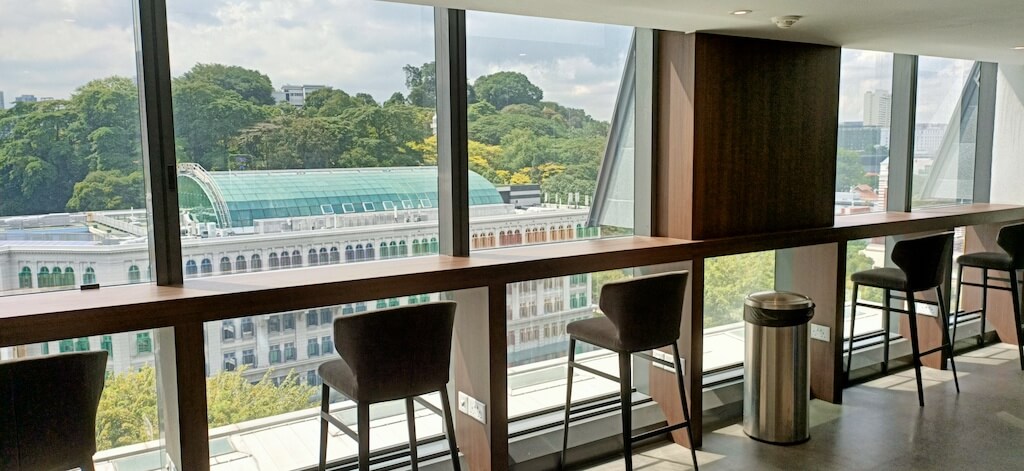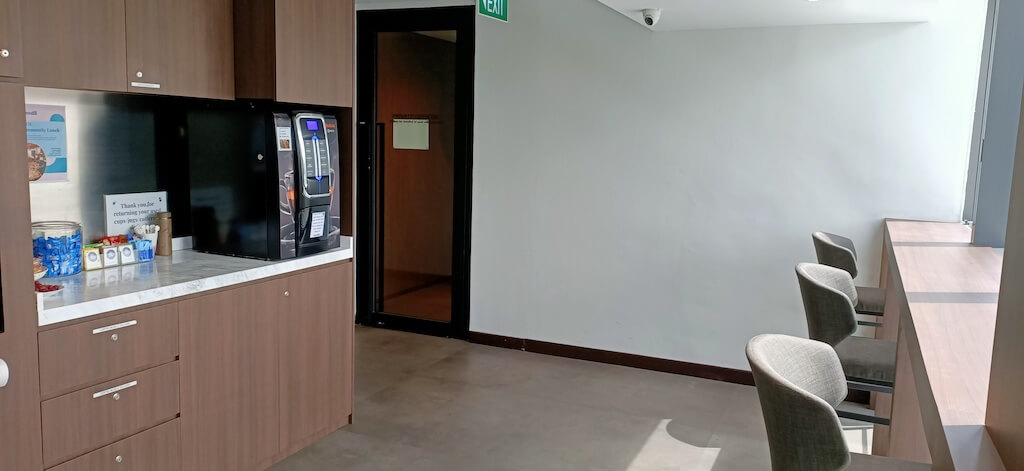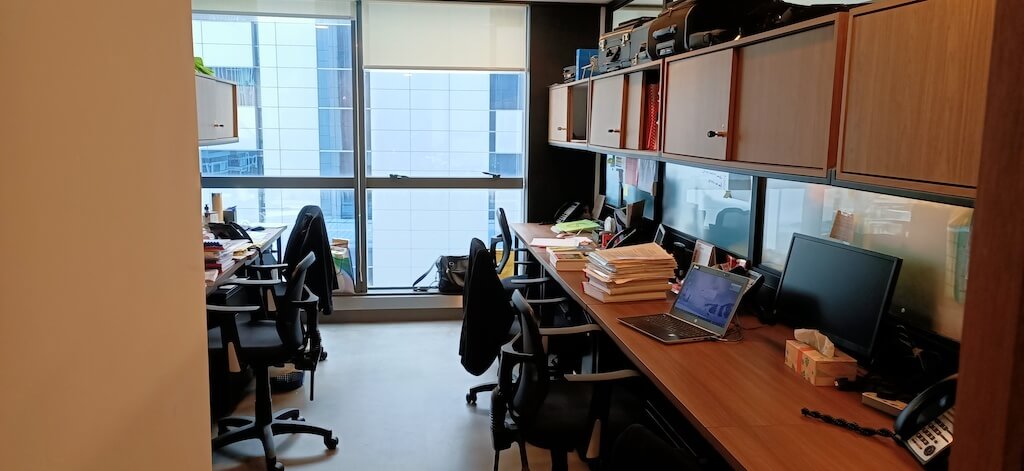
The New Law Practice
More than five years ago, whilst moving office, I contemplated working from a serviced office. Being a small firm, it seemed sensible not to operate from a traditional office space. Following that, I became fascinated by telecommuting or what is now popularly known as Work from Home.
Three years ago, I mooted the idea of going paperless to my team in the office. I was proven wrong when not one of them supported the idea. It took me a year to win them over and with their support, we have now been paperless for two years. We do not have physical files at all. Bundles and documents are created on a need-basis and destroyed after the case is closed. We go to work with just a plastic folder of essential documents at hand. The 1,000 square feet office I had seemed too big when we no longer had files or documents to store.
Last year, we moved to Found 8, a co-working space. We operate from two private office areas where we work in an open space. We share meeting rooms and lounges. It saves time and costs in office maintenance, such as running a pantry and reception. Our clients are attracted by our untraditional law firm operation. Being a social creature, I enjoy being around my team rather than in a room by myself where I spend a significant amount of time every day. We have learnt to adapt to the close working space and the sound levels. Group discussions are held in the pantry or lounges or meeting rooms. Lengthy telephone calls are either made in telephone booths or in other available areas. Whilst maintaining privacy, we are also aware of the happenings in the firm and the cases we are working on.
I do not miss the traditional law firm structure and as an advocate of change, I do not see why law practices cannot innovate and move with times. Legal technopreneur, Serena Lim who helped us with the move to paperless, commented that our success was due to my willingness to try new solutions, and my leading the firm to embrace technology. This journey would not have been possible if I did not have the support and capability of my team to work in a paperless and shared working space.
COVID-19, which took everyone by shock and changed our every day lives then “forced” us to embrace telecommuting arrangements. Not only has it worked well, everyone though missing the social presence of one another, has enjoyed working from home. After the first few weeks of telecommuting, we then started thinking about continuing to work from home after Covid subsides. This uncertain period is giving us an opportunity to plan the next phase. We know that we would not be working from home for the entire week as we do now. However, with proper planning, it will enable us to work at home on some days of the week.
Telecommuting not only saves time and increases efficiency, it gives my team and me more time and opportunities to care for elderly parents, spouses, children and to also have more time for ourselves. Currently, my telecommuting day starts with waking up past 7am to prepare for my work day, dressed in bermudas and a polo shirt. I then go to my study with just laptop and handphone. I spend a lot of time on WhatsApp messages, WhatsApp audio, video calls and Zoom meetings. When required, I take public transport to attend Court.
For clients who are receptive to the idea, we are encouraging them to communicate with us through various platforms. We will continue to give clients these options even when Covid is behind us. These modes of communication are not going to replace physical meetings of course. We will face challenges as clients’ mindset may change in future and physical meetings for my co-curricular activities will return. With a firm mindset, strong sense of adaptability and careful planning, I hope to enter into a new way of practising law.
In Parliament recently, Member of Parliament Louis Ng when advocating telecommuting shared about regretting not spending more time with his late father five years ago. I have similar regrets which I hope to eliminate during my parents’ lifetime.
Telecommuting has now made us realise that we have to downsize our current co-working space even more. The need for lesser space continues.
For telecommuting to be effective, there must be understanding and co-operation within the team. Team leaders must be able to trust their team members to work without physical supervision. Meticulous planning is important in working in a paperless environment and at home. I maintain a Daily Sheet which is divided into Work, Calls, Co-curricular activities and Personal tasks.
Now at home, I still have to learn to take regular breaks, remember to eat my lunch, not overwork myself, run my errands and achieve the tasks I have set out to do.
My firm’s co-working office space










